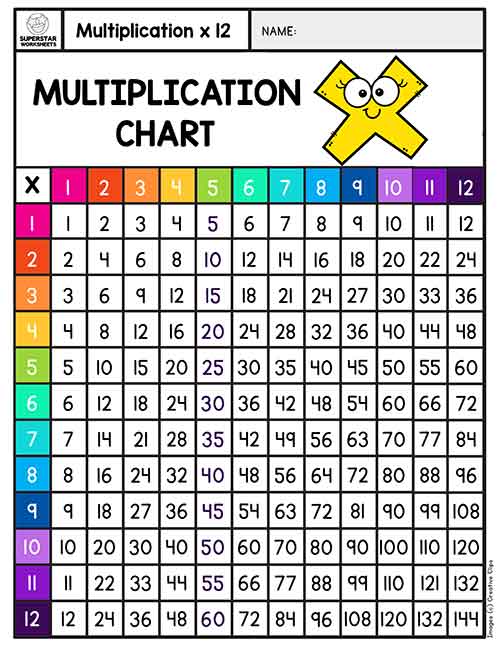
1) Students take turns rolling the dice. Whichever number the dice has is what the teacher multiplies on the board but does not answer:
2) This continues as the dice is passed around with each student getting a chance to roll.
When a student gets 5 numbers in a row they can call BINGO!!
3) Students work together as a class has to answer the equations written on the board to achieve bingo!
This activity was paired with a lesson on patterns, but I chose this game for Standard 1 because it was the first one in my experiential practicum that I felt very successful differentiating which allowed all my students to be successful even if they did not win. This lesson was able to help students review patterns as well as allow for all students to feel successful with the subject of multiplication. This game was a lot of fun and students were completely engaged as each student had a turn to roll the dice as well as answer the equations on the board after bingo if they felt confident to do so. I also supplied the option for every student to have a multiplication table at their desk with them which really helped many students who were still unsure of their multiples. This allowed for challenge by choice and I noticed quite a few students opting not to take a table when they were offered. I also allowed for more than one student to call bingo with the idea in mind that students could correct their answers as they answered the equations on the board, and some students may call bingo after they correct their answers.
This lesson was one of my favourites, and I loved seeing students playing this game even after the lesson was over. It meant a lot to me that students who did not prefer math really enjoyed this activity and that they could fully participate. If I was to use this activity in my career I think it might be fun to do it often in a multiplication unit and gradually take away the tables until students are confident without them. It could be a fun idea to reward students in this way if I ever got a class that could benefit from repeated games to solidify their multiplication knowledge.
